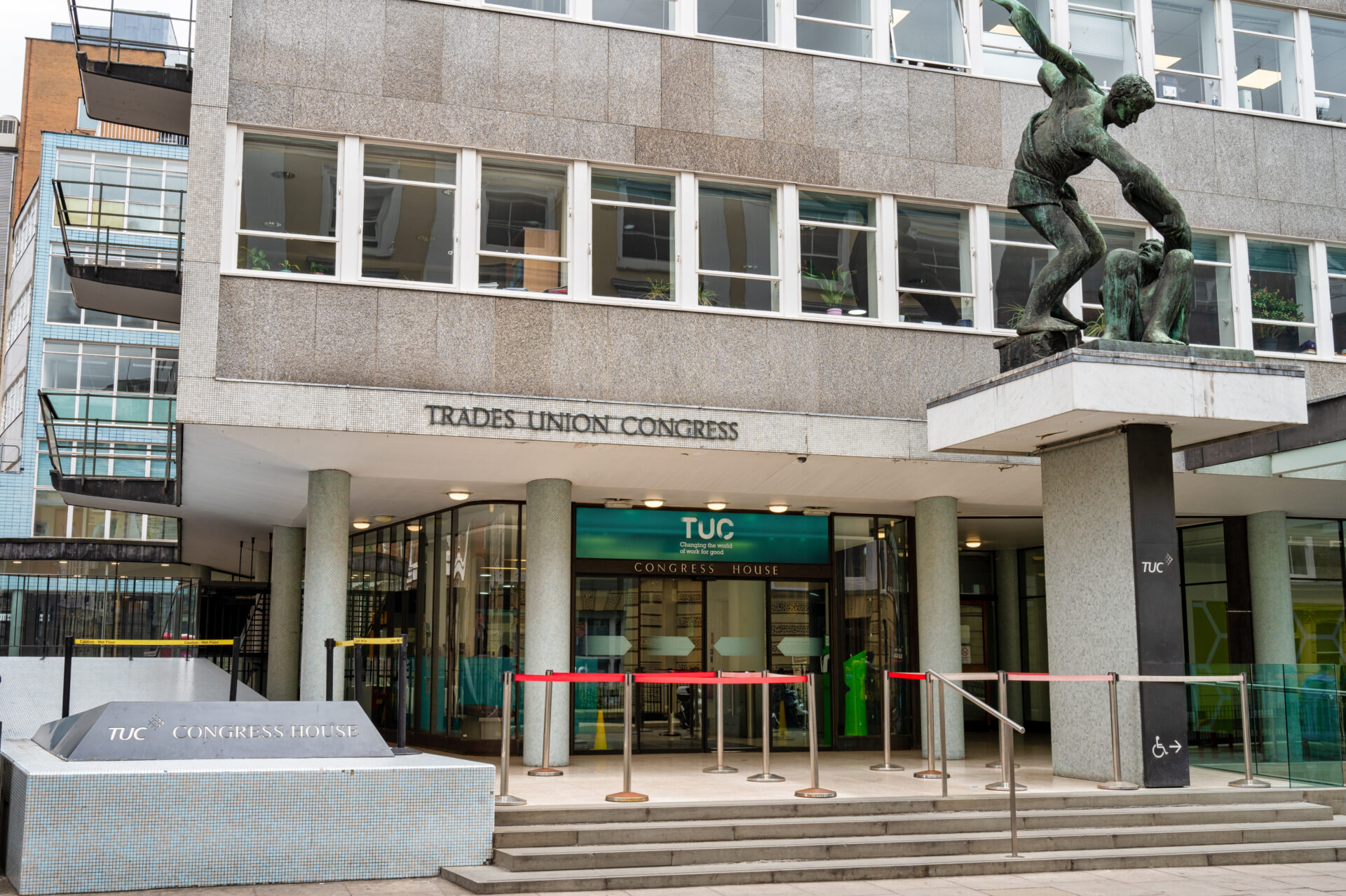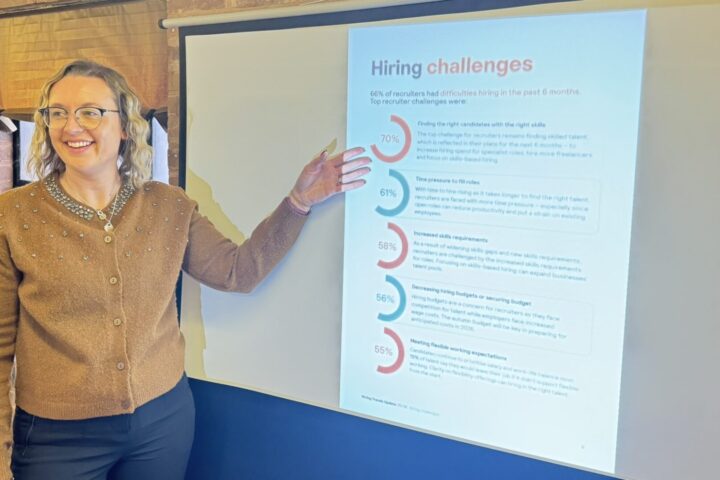Effective from yesterday, 1st April 2025, the minimum wage has risen, narrowing the gap between wages for workers under and over 21.
This change is part of the Government’s “Make Work Pay” initiative, which aims to ensure that the minimum wage is a genuine living wage for all and eliminate age-based pay disparities.
As a result, the wage increase will apply to all workers, with younger workers seeing significant gains.
For young workers, this means notable annual salary boosts.
A 16 to 17-year-old working 12 hours a week will see their salary increase by £700, while those working full-time can expect an additional £2,000.
Workers aged 18 to 20, with an average of 24.2 hours per week, will see their pay rise by £1,800 annually, with full-time workers benefiting from a £2,500 increase.
Meanwhile, workers aged 21 to 30 working 32.6 hours a week will see an annual increase of £1,300, which rises to £1,400 for full-time workers.
Despite the increase, research from the Trades Union Congress (TUC) said that young workers are often unaware of their workplace rights.
This leads to millions of pounds in minimum wage underpayments being identified by Government inspectors.
The TUC said: “This is an important step forward and we wouldn’t be here without campaigning by union members who have long called for rises to the minimum wage and an end to discriminatory age bands.
“And we will continue to campaign until they are removed altogether.
“It’s simply unfair that young workers can be paid less for doing the same job as those older than them.
“Young workers, like many others, struggle to afford the basics; whether that’s travel to work, food and energy, or a home to rent, so why shouldn’t they be paid the same.
“Throughout the history of the minimum wage, we have had to endure the same doomsday arguments repeatedly – that increasing pay will need to job losses.
“But these have never materialised and in recent years the minimum wage has increased significantly without a negative impact on jobs.”
















